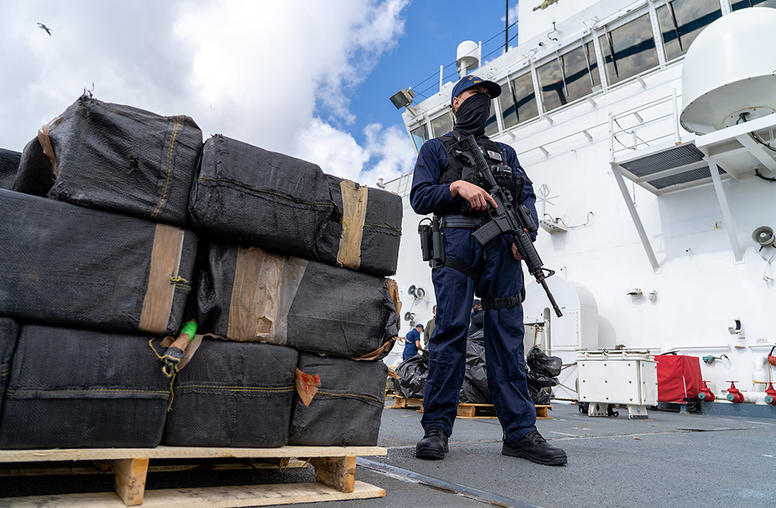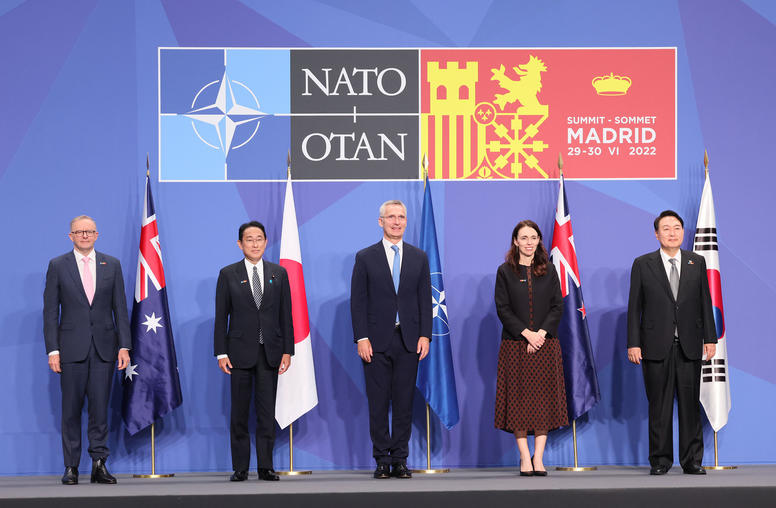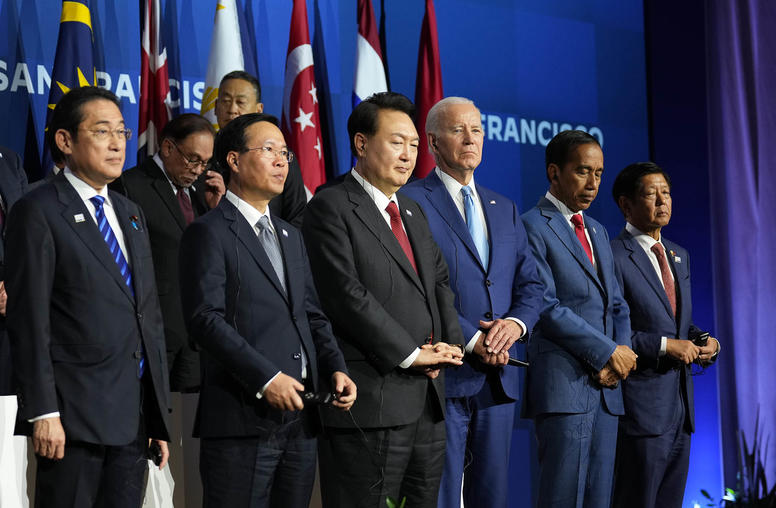Apology in Reconciliation Processes
Public Event and Film Screening
On February 13th, 2008 Australian Prime Minister Kevin Rudd made an official apology to Australia’s indigenous peoples, specifically members of the “Stolen Generations”, for the wrongs committed against them by the Australian government. This historic event is captured in a moving short film, Apology.
The United States Institute of Peace will host a screening of Apology followed by a discussion with Joseph Montville on the theory behind the role of apology in reconciliation, and the larger context of apology in peace processes.
Joseph Montville is a Senior Fellow at the Center for World Religions, Diplomacy and Conflict Resolution, Institute for Conflict Analysis and Resolution. Mr. Montville is an expert on restorative justice and the role of acknowledgment, contrition, and forgiveness in reconciliation and peacemaking processes.
Archived Audio
To listen to audio or to view video, please click on the links provided below. You also can right click on the links and choose "Save Target As" or "Download Linked File." This will save the file to your computer and then allow you to play it in your media player directly. More Audio Help.
- Listen to the audio from this event.
02:30:32 - 26.7MB
Speakers
- Joseph V. Montville
Senior Fellow, Center for World Religions, Diplomacy, and Conflict Resolution, Institute for Conflict Analysis and Resolution - Stephanie Schwartz, Moderator
Center for Mediation and Conflict Resolution, United States Institute of Peace



